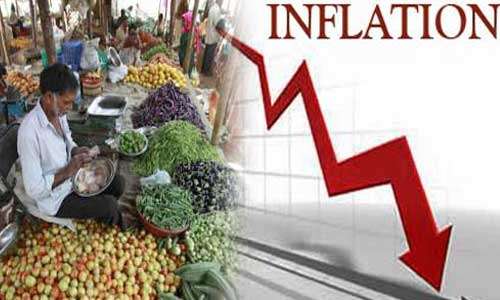Ghana’s inflation rate resumed its downward trend in February, but is unlikely to persuade the central bank to consider another rate cut later this month as it’s expected to edge up again.
Annual inflation decelerated to 23.2% from 23.5% in January, Government Statistician Samuel Kobina Annim said in the capital, Accra, on Wednesday.
The median of three economists in a Bloomberg survey was for price pressures to ease to 23.3%
The cooling rate is in line with policymakers’ expectations for inflation to continue to ease, which motivated the decision to end their steepest phase of monetary tightening and lower the benchmark rate to 29% in January from 30%. The Bank of Ghana had predicted that inflation would close the year at between 13% and 17%, before gradually trending back to within its medium-term target range of 6% to 10% by the end of 2025.
Expectations are for “the Bank of Ghana to hold the policy rate as the annual inflation rate is likely to rebound in March,” Mark Bohlund, a senior credit research analyst at REDD Intelligence, said by email before the release.
Food inflation slowed to 27% from 27.1% in January, while non-food price growth was 20% compared with 20.5%.
The cedi lost 0.2% to trade at 12.90 per dollar at 10:20 a.m. in the capital, Accra. Ghana’s 2032 dollar bonds rose 0.17 cent to 47.07 cents on the dollar.
Ghana risks missing a self-imposed deadline of end-March to finalize a debt revamp deal with holders of its eurobonds, rejecting demands to incorporate a so-called value-recovery instrument in the restructuring of $13 billion. This mechanism will result in higher interest payments when economic growth accelerates faster than targets set by the International Monetary Fund.
The Washington-based lender approved a $3 billion rescue package for Ghana, the world’s second-largest cocoa producer, and the West African nation is restructuring nearly all of its $47 billion in debt to make it sustainable.
Source: bloomberg





